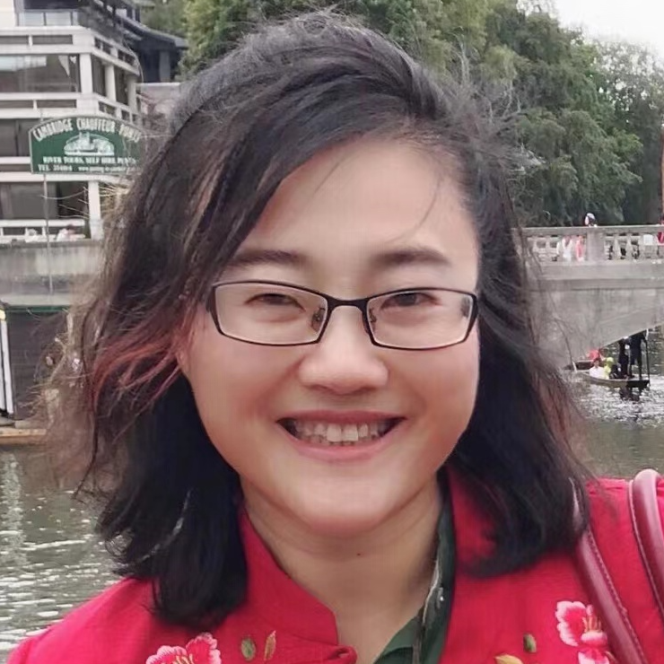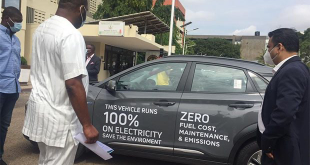Published: February 03,2023
By He Wenping

Chinese Foreign Minister Qin Gang returned to Beijing late last year after serving as ambassador to the United States in Washington, and in just over a week’s time he began the new year with a trip to Africa.
From January 9 to 16, Qin visited five African countries — Ethiopia, Gabon, Angola, Benin and Egypt — as well as the African Union Headquarters in Ethiopia and the Arab League Headquarters in Egypt. It has been a diplomatic practice since 1991 that foreign ministers start the new year with a trip to Africa, following the lead of past Foreign Minister Qian Qichen.
As the new face, Qin carried on a tradition that has lasted for 33 years. All this reflects the importance China attaches to Africa and the fact that China-Africa relations are the “foundation of the foundation” and an ongoing priority in China’s diplomacy.
First, the role of Africa as a cornerstone of Chinese diplomacy has been growing. Although China has become the world’s second-largest economy after more than 40 years of reform and opening-up, it is still the largest developing country in the world in terms of GDP per capita, while the African continent has the largest number of developing countries.
Historically, China and African countries were colonized by Western powers, so they share a natural sense of closeness, commonality and urgency in their quest for independence and development. Poverty reduction and economic growth have been important elements of China-Africa cooperation.
Over the past two decades, China and Africa have consistently promoted development and cooperation, no matter how the international situation has changed. This is because the fight against terrorism and extremism and the consolidation and defense of democracy and freedom cannot be made possible without the important economic base derived from poverty reduction and development. In recent years, especially, African economies are facing a triple crisis of food, fuel and financial resources due to the impact of the COVID-19 pandemic and the Russia-Ukraine war, and they need China’s economic cooperation.
China also needs more support from African countries in the international diplomatic arena in an era of momentous changes, in pursuit of the Belt and Road Initiative, in the promotion of economic and trade cooperation and in adherence to the “one China” principle.
Qin, China’s new foreign minister, who took office after the 20th National Congress of the Communist Party of China last year, is tasked with consolidating the fundamentals of Chinese diplomacy, while competing, dealing and cooperating with the U.S. and the rest of the West to safeguard China’s core interests.
Second, valuing equality and respect while performing tangible services for the people are the two main assets of China’s diplomacy with Africa. Equality and respect represent a fundamental issue of attitude. In a news conference with Qin, Faki Mahamat, chair of the African Union Commission, said that Africa should cooperate with all countries on the basis of equality and respect and in its own interest.
Britain, France and other European countries were once the colonial masters of Africa. Although in recent years some Western leaders have occasionally apologized for the colonial past and returned some African artifacts that had been taken, it is still not easy to uproot the colonial mentality. China, on the other hand, does not have this historical headache at all. Instead, it has a glorious historical legacy of supporting African countries in their anti-imperialist and anti-colonial struggle for national independence.
Moreover, industrialized and developed Western countries have always provided conditional aid to Africa in North-South cooperation, and I am afraid that every penny spent on Africa comes with strings attached. China, on the other hand, has always cooperated with Africa in equal partnership, never attaching any conditions and never interfering with African countries’ ability to choose their own development paths. A proverb of African friends says the relationship with the West is that the receiving hand is always under the giving hand, while the relationship with China and other developing countries is a handshake of equals.
Performing concrete deeds for the people is another major asset of China. During his visit to Africa, Foreign Minister Qin said, “China never writes a blank check and will not impose on others what they dislike. If Africa needs it, China will do its best to help.” China doesn’t make promises it cannot keep in Africa and is walking the talk and delivering on its promises.
The Forum on China-Africa Cooperation (FOCAC), established in 2000, has convened every three years to lay out a road map for cooperation. For 23 years now, it has identified specific and quantifiable areas of cooperation and fashioned related plans, all of which have been adjusted and kept up to date in light of the changing situation and Africa’s needs. For example, as public health in Africa has faced great challenges from the COVID-19 pandemic over the past few years, China helped the African Union build a headquarters for the Africa Centres for Disease Control and Prevention and has completed the first phase of the project ahead of schedule.
Foreign Minister Qin cut the ribbon upon the completion and delivery of this project, together with AU Commission Chair Faki during his visit. In addition, China has been sending medical teams to Africa since 1963 and has never interrupted that aid. No other country has done this consistently, but China has.
The author, He Wenping is a Research Fellow, West Asia and Africa Studies Institute of the China Academy of Social Sciences
chinausfocus.com
 Africa -China Review Africa -China Cooperation and Transformation
Africa -China Review Africa -China Cooperation and Transformation
